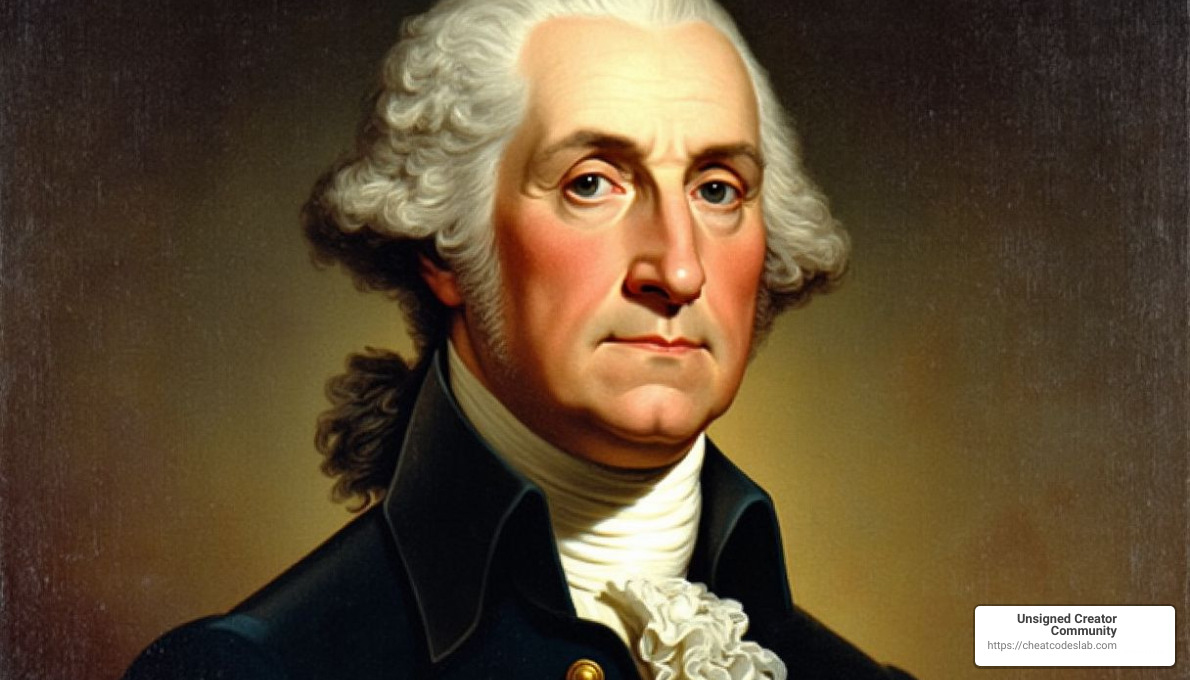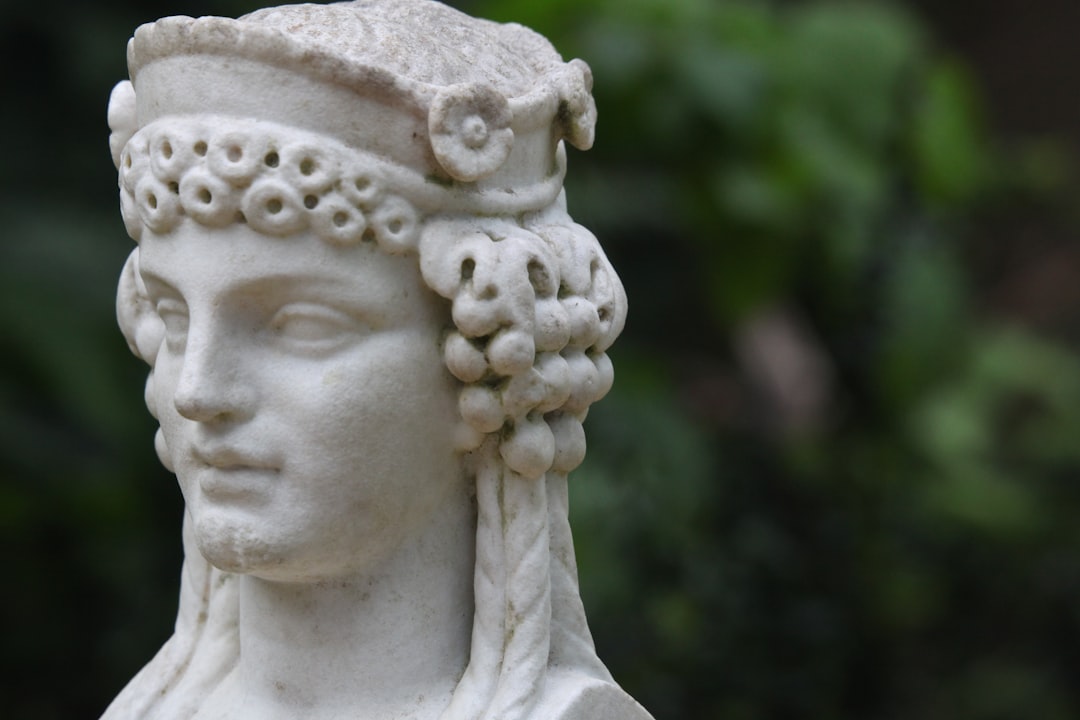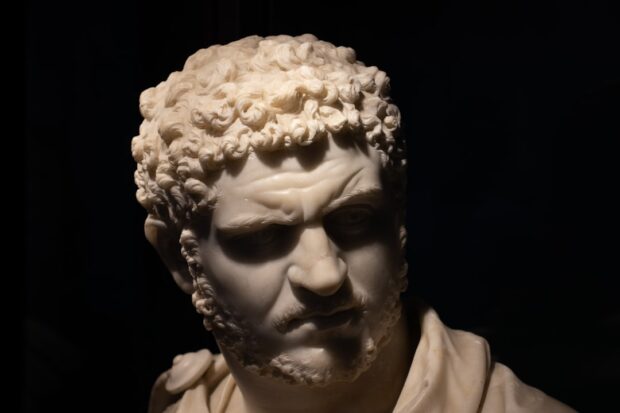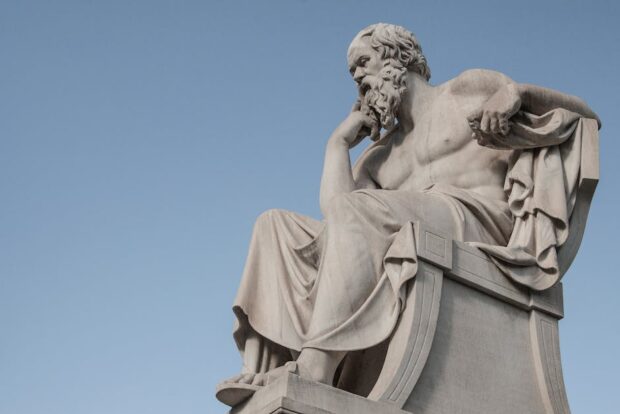
George Washington stoicism was more than just a personal philosophy; it was a guiding force that defined his leadership and legacy. Here’s what you need to know immediately about how George Washington embodied stoicism:
- Self-Discipline: Washington was known for his remarkable self-control, a core Stoic value.
- Composure: He maintained calm and focus under pressure, key traits encouraged by Stoic teachings.
- Influence from Stoic Texts: Though not formally educated in classical texts, Washington was inspired by Stoic philosophers like Marcus Aurelius and Seneca.
- Practical Application: Washington practiced stoicism in crucial moments, such as his action-focused approach during the Revolutionary War.
Despite lacking a classical education, George Washington absorbed Stoic principles through exposure to the influential Fairfax family and works like Seneca’s Morals by Way of Abstract. These influences helped him steer some of the most challenging periods in American history with a level of discipline and resolve that remains inspiring today.
I’m digitaljeff, an expert in Stoic principles and their application in leadership. My insights on george washington stoicism draw from years of exploring how ancient philosophies impact modern leadership.

George washington stoicism terms you need:
– a guide to stoicism by st george stock
– robert greene stoicism
The Influence of Stoicism on George Washington
Early Life and Education
George Washington’s exposure to Stoic philosophy began in his youth, thanks to the Fairfax family. The Fairfaxes, who lived at the Belvoir estate, were devout Christians but also admirers of classical authors such as Marcus Aurelius, Plutarch, and Seneca. They introduced Washington to these ideas, which profoundly shaped his character.
While Washington didn’t receive a formal classical education, his frequent visits to the Fairfaxes allowed him to absorb Stoic values through conversations and the literature they shared. This environment helped him develop a strong foundation in self-discipline and mental composure.
Key Stoic Principles Adopted by Washington
Self-Discipline and Mental Composure
Washington’s commitment to self-discipline and mental composure can be traced back to the Stoic principles he encountered early in life. These traits became hallmarks of his leadership style, allowing him to remain calm and focused even in the most challenging situations.
Moral Axioms and Stoic Texts
Washington’s moral compass was influenced by the teachings of Seneca and other Stoic philosophers. He owned a copy of Seneca’s Morals by Way of Abstract, which distilled Stoic wisdom into actionable principles. These “moral axioms” guided him throughout his life.
Influence of ‘Cato, a Tragedy’
The play Cato, a Tragedy by Joseph Addison was another significant influence. It dramatized the life of Cato the Younger, a Stoic hero known for his unwavering integrity. Washington admired Cato’s steadfastness and applied similar principles to his own leadership.
Through these influences, Washington embodied stoicism in his actions and decisions. His ability to maintain composure and act with integrity during the Revolutionary War and beyond is a testament to the enduring power of Stoic philosophy.
George Washington’s Stoic Actions During the Revolutionary War
The Christmas Day Letter
On Christmas Day in 1776, George Washington faced a dire situation. The Revolutionary War was at a low point, with his troops suffering from cold and hunger. Despite these challenges, Washington chose to focus on action rather than dwelling on past misfortunes. In a letter to Robert Morris, he wrote, “it is in vain to ruminate upon, or even reflect upon the Authors or Causes of our present Misfortunes.” Instead, he emphasized exertion over rumination, a core Stoic principle.
This mindset led to one of the most daring moves in military history—the crossing of the Delaware River. Washington’s decision to launch a surprise attack on the British the day after Christmas was a turning point in the war. His focus on exertion and response to adversity exemplified the Stoic ideal of taking control of what one can and acting decisively.
The Impact of Stoicism on Washington’s Leadership
Washington’s leadership during the Revolutionary War was deeply influenced by Stoic philosophy. His self-discipline and mental composure were crucial in maintaining morale and focus among his troops. He often approached challenges with what he called the “calm light of mild philosophy,” a phrase he borrowed from the Stoic philosopher Cato.

Washington’s ability to remain calm and act with integrity, even under immense pressure, set him apart as a leader. He demonstrated that true leadership is not about avoiding adversity but about responding to it with courage and resilience. His focus on action over words, and his commitment to leading by example, are hallmarks of his Stoic approach.
In summary, George Washington’s stoicism was evident in his actions during the Revolutionary War. His emphasis on exertion, response to adversity, and maintaining composure under pressure made him a model of Stoic leadership. These principles not only guided him through the war but also set a precedent for future leaders.
Conclusion
George Washington’s embodiment of Stoic principles is a testament to the timeless relevance of this philosophy. Though not formally educated in Stoicism, Washington absorbed its values through his interactions with the Fairfax family and his own readings. His life and leadership serve as a powerful example of how Stoicism can be applied to overcome challenges and achieve greatness.
Washington’s focus on self-discipline and mental composure is something we can all learn from today. In our world, these qualities are more important than ever. By embracing Stoic values, we can remain calm in the face of adversity and focus on what truly matters—our actions and responses.
At the Unsigned Creator Community, we believe in the power of ancient philosophies like Stoicism to improve modern life. Whether you’re a content creator, entrepreneur, or leader, integrating Stoic principles can help you steer challenges with resilience and clarity.
Stoicism teaches us to focus on what we can control and to respond to life’s difficulties with courage. This approach not only aids in personal growth but also fosters a mindset of continuous improvement. Like Washington, we can strive to be the best versions of ourselves, using Stoic wisdom to guide us through the complexities of modern life.
Join us in exploring how these ancient insights can transform your journey towards self-improvement and professional excellence. By leveraging both Stoic principles and modern tools, we can achieve remarkable success and make a positive impact on the world.
















